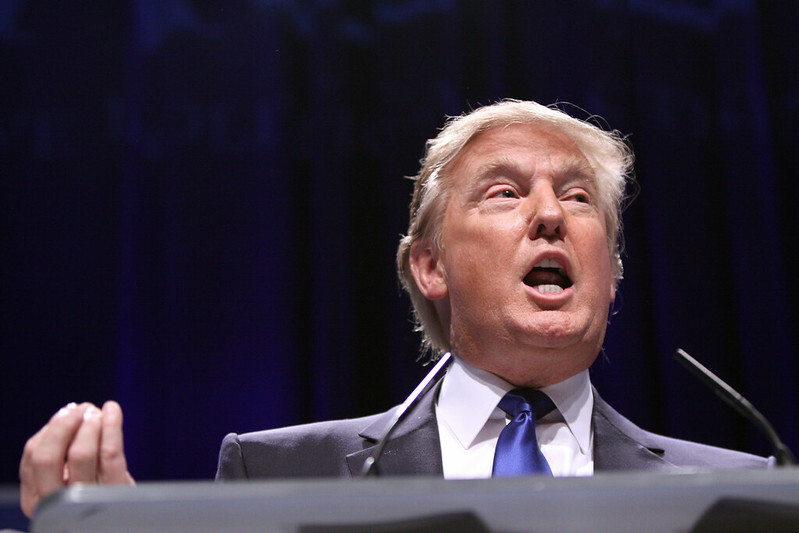WASHINGTON — Federal judges pushed former President Donald Trump’s and the government’s lawyers to suggest a means of balancing competing demands of executive privilege between the current and former presidents at a hearing on Tuesday.
“Who decides when it’s in the best interest of the United States to disclose presidential records?” Judge Ketanji Brown Jackson of the U.S. Court of Appeals for the District of Columbia Circuit asked Trump’s attorneys on Tuesday. “Is it the current occupant of the White House or the former?”
The House select committee investigating the Jan. 6 insurrection requested presidential records from the National Archives and Records Administration in late August. After President Joe Biden refused to assert executive privilege over the documents in October, Trump filed a lawsuit to halt the production of documents.
Judge Tanya Chutkan of the U.S. District Court for the District of Columbia rejected Trump’s arguments for executive privilege on Nov. 9. In the decision, Chutkan noted that the former president can assert executive privilege over the records, but added that the current president does not have to abide by that assertion.
Trump immediately appealed the decision, while also filing a motion to halt the release of the records while the appeal was pending.
The appeals court granted the request to halt the production of documents on Nov. 11. The National Archives and Records Administration initially had a Nov. 12 deadline to comply with the Jan. 6 committee’s record request.
Justin Clark, one of Trump’s attorneys, argued that the appeals court should examine whether the need for the documents is strong enough to justify the encroachment on executive privilege.
Assuming that the appeals court finds this need is met, the current and former presidents would be at “loggerheads,” Jackson said.
She added that in these circumstances, the 1977 Supreme Court case Nixon v. General Services Administration would give more weight to the current president. According to the case, the seizure of a former administration’s records does not violate executive privilege.
“The former president’s interests and ability to evaluate the interests of the executive branch is diminished,” Jackson said. “We have one president at a time under our Constitution. That’s what GSA is saying — that the incumbent president has made the judgment and is best positioned…to make that call in the interests of the executive branch.”
Clark conceded that the incumbent president would have more weight in this determination, but also argued that the court should review the documents in this case and weigh their content as well.
“Does it get into territory that Congress was concerned about when they passed the law, where the archivist could be susceptible to possible pressure from the incumbent president to release embarrassing and inappropriate material concerning a predecessor or rival?” Clark said.
However, Brian Boynton, the acting assistant attorney general, argued that the court does not need to reach any balancing test in this case. Rather, Boynton said the court should give deference to the current president’s decision not to assert executive privilege.
He added that the current president is in the best position to evaluate the costs and benefits of asserting privilege and is a politically accountable actor.
“In no other respect (that) we’re aware of does a former president have the ability to block something the current president wants to do,” Boynton said. “The current president could decide to declassify information his predecessor had classified, withdraw state secrets privilege (or) withdraw from an executive agreement.”
He added: “It would be extraordinary in any of those circumstances to think that a former president could say, ‘No, no, you cannot do that.’”

